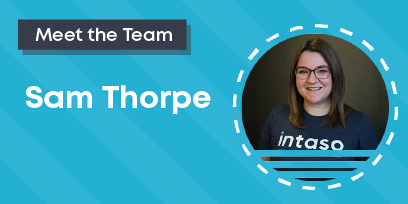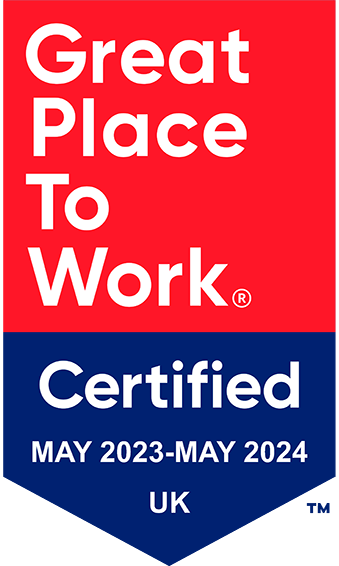There’s no denying that an interview can be a nerve-wracking experience, however the more prepared you are in advance, the easier it should be. If you have an interview coming up and want to make sure it goes as well as possible, we have put together a list of 5 things you should never do in a job interview – read on to find out more.
What not to do in an interview
1. Arrive late
It is extremely important that you avoid arriving late to the interview, as this could suggest that you don’t really care about the position. You need to show that you respect your interviewer and their time, so this means immediately informing your contact if illness, delayed train connections or car problems keep you from being on time for a face to face interview, or connection problems prevent you from joining virtual interviews at the agreed time.
To avoid any problems, you should make sure you plan enough time for your journey and are able to arrive a few minutes early in order to have enough time to compose yourself. You should also ensure that you’ve tested the platform/technology needed for a virtual interview in advance to avoid any issues on the day itself.
2. Lack of research about the employer
Researching your potential future employer is something that you should always do as part of your interview preparation, to show that you have a high level of interest in the company and the role that you are being interviewed for. One of the most common interview mistakes is to not find out enough information prior to the interview.
For example, to understand how the company operates you should check the ‘about us’ link on their website or read their mission statement and use Google to see if they have any recent news updates or announcements that you can refer to. In addition, you should also research their competitors to aid your understanding of their marketplace and understand potential areas of opportunity.
3. Lack of care with your appearance
It’s all about first impressions in any interview, and this means taking the time to ensure that you look your best on the day. Be sure to dress smartly, and avoid giving a poor impression of yourself by making sure your hair is neat and you are well groomed. This will help to show a potential employer that you can dress appropriately for the workplace and conduct yourself in a professional manner.
Don’t forget to ensure that you get an early night beforehand, as yawning can be very distracting to interviewers and suggest a lack of interest in the role and company. Instead, reinforce your interest for the company and the role by nodding your head and taking notes to show you’re listening to the questions asked by the interviewer.
4. Not being able to take criticism
It’s important to show that you can take feedback and criticism well during your interview, and not act inappropriately if you feel you have been asked a particularly critical question. For example, you should always remember to react calmly and professionally, and not let anger or your ego get the better of you, as this will not create a good impression with your interviewer!
In addition, you should also make sure that you greet everyone you meet during your interview in a friendly and approachable way, as it is likely that your interviewer will ask them for their impressions of you as part of their decision making process.
5. Asking presumptuous questions
Another interview mistake is asking presumptuous questions at the end of the interview because you think it’s likely you are going to be offered the role. Questions like “So when do I start?” and “I have 2 weeks booked off in August, I assume this won’t be a problem?” can make you come across as arrogant – discussing start dates and holidays is more appropriate at the end of the interview process or when you’ve already been offered the role.
It’s important to ensure that you don’t come across as desperate as extreme emotion can rule you out as a candidate, and any questions regarding salary or holiday shouldn’t be asked until later on in the interview process or once you have a job offer.
Now that you have read what not to say in a job interview and picked up some top tips for how to conduct yourself, we hope you feel more prepared – good luck! If you’re looking for a change, check out our latest jobs or get in touch today.








